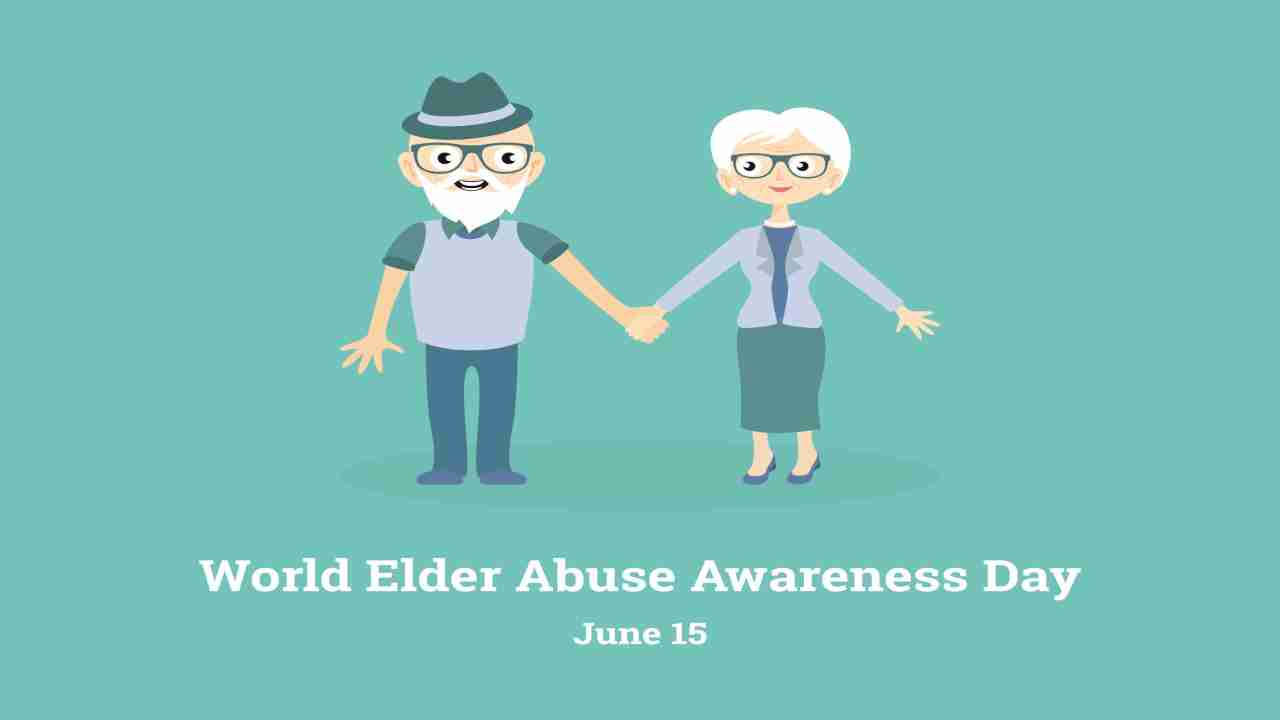World Elder Abuse Awareness Day is observed on June 15 every year. The day put the focus on the problem of physical, emotional, and financial abuse of elders.
According to the World Health Organization, over 15% of people over the age of 60 in the WHO European Region, approximately 30 million people, were estimated to be affected by some form of abuse last year. During the COVID-19 pandemic, there have been numerous reports of abuse and neglect of older people living in long-term care facilities and other community settings, but also of those living with family members or in their own homes with caregivers.
World Elder Abuse Awareness Day meaning
World Elder Abuse Awareness Day is held on June 15 every year to raise awareness about abuse and neglect of older persons and raising awareness of the cultural, social, economic and demographic processes affecting elder abuse and neglect. The day was established after the United Nations General Assembly officially acknowledged it in its resolution 66/127, in December 2011. This proposition came into the picture after the International Network for the Prevention of Elder Abuse (INPEA) requested to first establish the commemoration in June 2006.
World Elder Abuse Awareness Day theme
“Lifting Up Voices” is World Elder Abuse Awareness Day’s theme launched by USC Center on Elder Mistreatment. This theme serves as a platform for unifying Elder Justice and Violence Against Women by sharing the lived experiences of older people. Meanwhile, on the other hand, the UN proposed the campaign, “Safeguard older persons during COVID-19 and beyond” for the betterment of the elderly.
World Elder Abuse Awareness Day significance
The mistreatment of elderly people is one of the least addressed problems in the world. However, with the changing of times, this issue is gaining faster attention. World Elder Abuse Awareness Day is marked as an idea where people around the globe would come together and lend their voices against elderly abuse. This is a global social issue that not only affects the health of older people but also diminishes the rights of millions of older people. This is a dilemma that deserves the attention of the international community.
In December 2011, the United Nations General Assembly officially recognised it in its resolution 66/127.
Elder abuse can be physical, emotional, sexual, and financial abuse. Due to the inability to defend themselves, the elderly are particularly vulnerable. The National Council on Aging (NCOA) estimates that 5 million, or 1 in 10, older Americans over the age of 60 are victims of elder abuse, neglect, or exploitation. Experts believe that for every case of elder abuse or neglect reported, as many as 23.5 cases go unreported.
Types and signs of elder abuse:
Financial abuse:
- Unusual patterns of spending or withdrawals from an older adult’s account.
- Frequent purchases of inappropriate items.
- Bills going unpaid or utilities being turned off.
- The presence of a new “best friend” who is accepting generous “gifts” from the older adult.
Physical abuse:
- Bruises, especially on the head or torso, and those shaped like a hand, finger, or thumb
- Unexplained burns, cuts, sores, or other injuries
- Denying an older person enough food/water, needed medications, or assistive devices such as canes, walkers, hearing aids, and glasses
- Giving older adults unnecessary tranquilizers or sleeping pills, or confining or tying an older person to a bed or a wheelchair.
Sexual abuse:
- Unexplained anal or vaginal bleeding
- Torn or bloodied underwear
- Bruises around the breasts or genitals
Psychological abuse:
- Intimidation or yelling
- Making threats
- Humiliating or ridiculing someone
- Isolating an older adult from friends and keeping them from activities they enjoy for no good reason


















